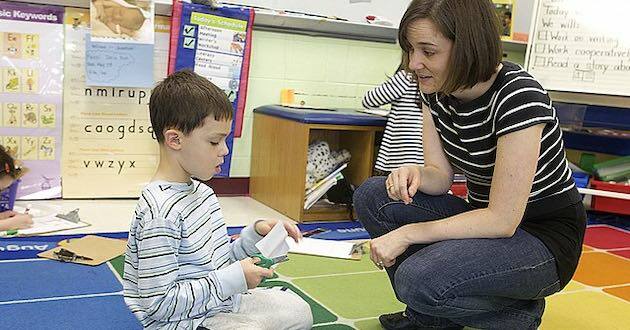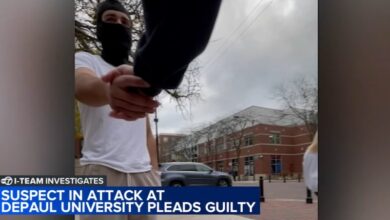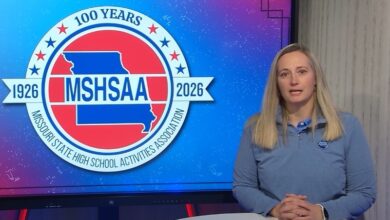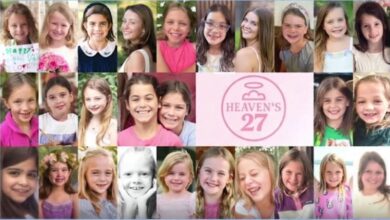One in three Missourians considers their public schools to be of poor quality

Nearly one-third of Missouri voters consider their public schools to be of poor quality, up from 17 percent a year earlier. A recent survey by St. Louis University and YouGov found Missouri views are following a national trend.
Gary Ritter, dean of the university’s school of education, said the fact that Missouri voters are losing confidence in their schools isn’t a surprise, because it’s also a finding that is reflected in national studies. Missouri voters saw their faith in education erode through the pandemic as districts struggled with remote learning and academic loss.
READ: Missouri sues school board over secret meetings
“We’ve had a peek into what goes on in crisis-mode school, when you’re trying to figure out how to deal with a pandemic,” Ritter told “The 74,” an education website. “So folks are slightly less confident in school performance and school quality, just as I think any of us would have guessed. Missouri looks like the country in that way.”
The latest poll included more questions about teachers in general, said Ashley Burle, chief of operations and research fellow at St. Louis University.
“One thing that I tried to connect is some of the issues related to teachers and more broadly connecting it to the teacher pipeline issues,” she said. “We know that there are issues that need to be addressed. There are things that need to be done to help the teacher pipeline get back on track, so I’d love to see us kind of make that more clear connection between a lot of those points in the future polls.”
Burle said she was surprised about the results regarding more controversial topics in the classroom, such as gender identity and sexual orientation. More than half of voters said they approve of the discussion of sexual orientation in high school, compared to 18 percent in elementary school. These results were similar for the discussion of gender identity. Roughly half of voters also opposed the banning of books that feature LGBTQ youth.
“It was interesting to see the gradation in responses,” she said. “We kind of think this is an all-or- nothing issue — either we teach these things in all the schools or we don’t teach them in any of the schools. In fact, voters think, ‘Hey, actually, for older kids, in high schools in particular, we actually think it’s OK.’ I think it just shows you there’s a little bit of an area of gray.”
–Alan Goforth | Metro Voice








